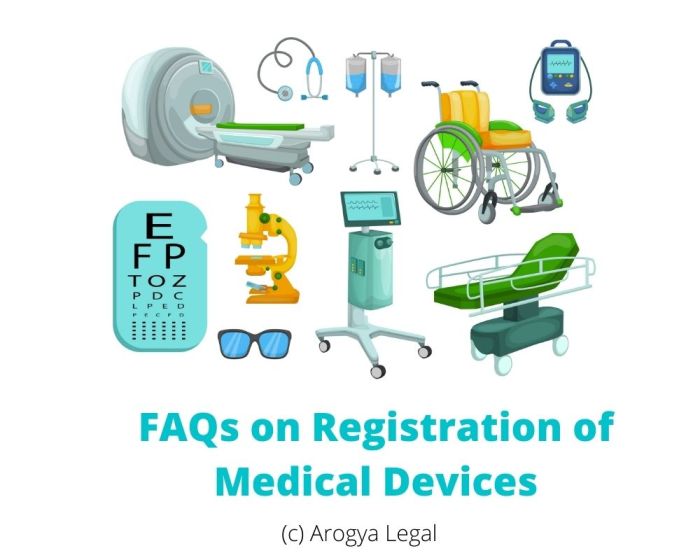A lawyers failure to meet the biannual attorney registration requirement – A lawyer’s failure to meet the biannual attorney registration requirement is a serious matter with significant consequences. This requirement ensures that attorneys are up-to-date with continuing legal education, ethics rules, and other professional responsibilities. Failure to register can result in disciplinary action, suspension, or even disbarment.
This comprehensive guide explores the importance of meeting the biannual attorney registration requirement, the potential consequences of failing to do so, and strategies for mitigating those consequences. We will also provide best practices for compliance and examine legal and ethical implications of non-compliance.
1. Introduction
The biannual attorney registration requirement is a legal obligation for attorneys to maintain their active status and ensure their compliance with continuing legal education (CLE) requirements. Failure to meet this requirement can result in serious consequences for attorneys, including disciplinary actions and the inability to practice law.
The importance of meeting this requirement cannot be overstated. It ensures that attorneys are up-to-date on the latest legal developments and ethical standards, and that they are maintaining their professional competence. Furthermore, it helps to protect the public by ensuring that attorneys are held accountable for their actions.
2. Consequences of Failure to Meet Requirement

The consequences of failing to meet the biannual attorney registration requirement can be severe. Attorneys who fail to register may face disciplinary actions, including reprimands, suspensions, and even disbarment.
In addition to disciplinary actions, failure to register can also affect an attorney’s ability to practice law. In some jurisdictions, attorneys who are not registered may be prohibited from filing pleadings or appearing in court.
3. Causes of Failure to Meet Requirement

There are a number of reasons why attorneys may fail to meet the biannual attorney registration requirement. Some common causes include:
- Administrative errors, such as losing the registration notice or failing to receive it
- Personal circumstances, such as illness or family emergencies
- Procrastination or forgetfulness
- Lack of awareness of the registration requirement
4. Mitigation of Consequences

Attorneys who fail to meet the biannual attorney registration requirement should take immediate steps to mitigate the consequences. This includes:
- Self-reporting the failure to the relevant authorities
- Completing the registration process as soon as possible
- Providing documentation to explain the reason for the failure
5. Best Practices for Compliance

To ensure compliance with the biannual attorney registration requirement, attorneys should:
- Set up a regular reminder system to ensure that they do not miss the registration deadline
- Keep their contact information up-to-date with the relevant authorities
- Be aware of the registration requirements in all jurisdictions in which they practice
Questions and Answers: A Lawyers Failure To Meet The Biannual Attorney Registration Requirement
What are the potential consequences of failing to meet the biannual attorney registration requirement?
Failure to register can result in disciplinary action, suspension, or disbarment, depending on the jurisdiction and the severity of the violation.
What are some common reasons why attorneys fail to meet the registration requirement?
Common reasons include administrative errors, personal circumstances, and lack of awareness of the requirement.
What strategies can attorneys use to mitigate the consequences of failing to register?
Attorneys can mitigate the consequences by self-reporting the failure, demonstrating good faith efforts to comply, and taking steps to ensure future compliance.